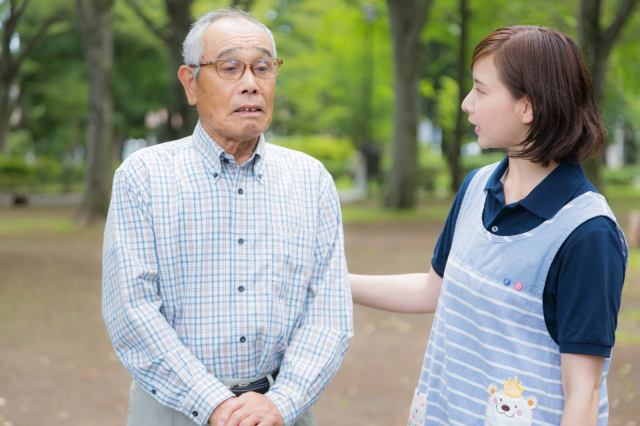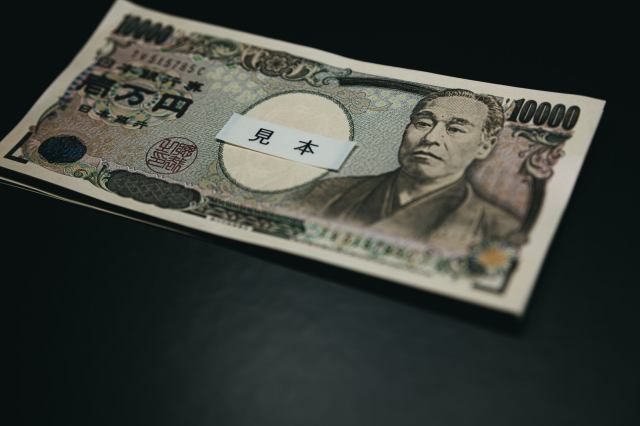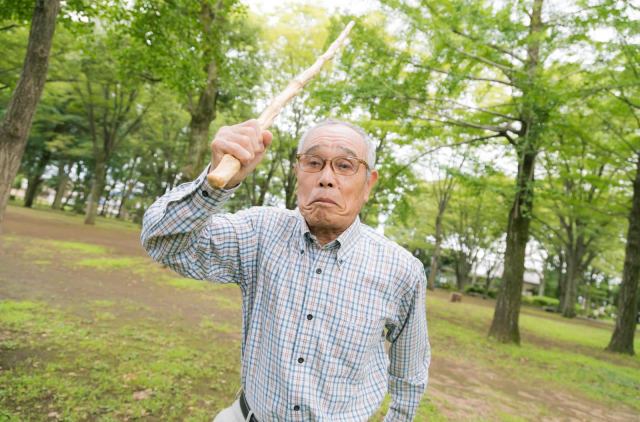
A city’s longstanding tradition is no more as something that’s very good for its residents turns out to be very bad for its budget.
Keiro no Hi, known as Respect for the Aged Day in English, is a public holiday in Japan that occurs annually on the third Monday of September. Just as the name implies, it’s a day to honor the senior citizens of the country. On this year’s celebration, September 15, Japan’s Ministry of Health, Labour and Welfare announced that there are approximately 99,800 people aged 100 years or older around the country–breaking the record for the 55th consecutive year. Many localities held formal ceremonies and gave gifts to those who are reaching important age milestones in Japanese culture such as 88 years of age (known as beiju) and 99 years of age (known as hakuju).
However, things looked a little different for certain senior citizens in Okazaki City, Aichi Prefecture this year because the city has abolished a tradition known as “congratulatory money” in which local officials present 10,000 yen (US$67) for those celebrating their beiju milestone.
▼ Residents of Okazaki who turn 88 will no longer be greeted by the faces of Yukichi Fukuzawa on older 10,000-yen banknotes or Eiichi Shibusawa on newer banknotes.

In Japan, the average life expectancy for women now exceeds 87 years, and in Okazaki, one in four people is over the age of 65, with that number only expected to increase moving forward. By no longer giving out the congratulatory money for those celebrating the beiju milestone, the city estimates that it can save about 20 million yen per year. Instead, it would rather focus those funds on increasing the number of healthy seniors and investing in preventative care for them, among other measures.
Local residents responded to the news with mixed reactions, particularly among those who are just missing out on the cash gift:
82-year-old resident: “It’s a shame. I’m living on a pension so 10,000 yen is a lot.”
87-year-old resident: “With another good thing going away this year, we really are the generation that’s had bad luck since a long time ago.”
Resident in their 60s: “I’d rather have that money support my grandchildren’s generation.”
▼ What we imagine the scene looked like outside of the Okazaki City Hall right after the announcement

On the bright side, those reaching the hakuju milestone will continue to receive monetary gifts, so the current 80-something-year-olds just have to focus on staying healthy and hanging in there. When it’s their time, we’d then be happy to show them a few ways that we’d suggest they spend that hard-earned cash.
Source: Chubu-Nippon Broadcasting Co. (CBC) News X
Top image: Pakutaso
Images: Pakutaso (1, 2)
● Want to hear about SoraNews24’s latest articles as soon as they’re published? Follow us on Facebook and Twitter!
Like this:
Like Loading…


AloJapan.com